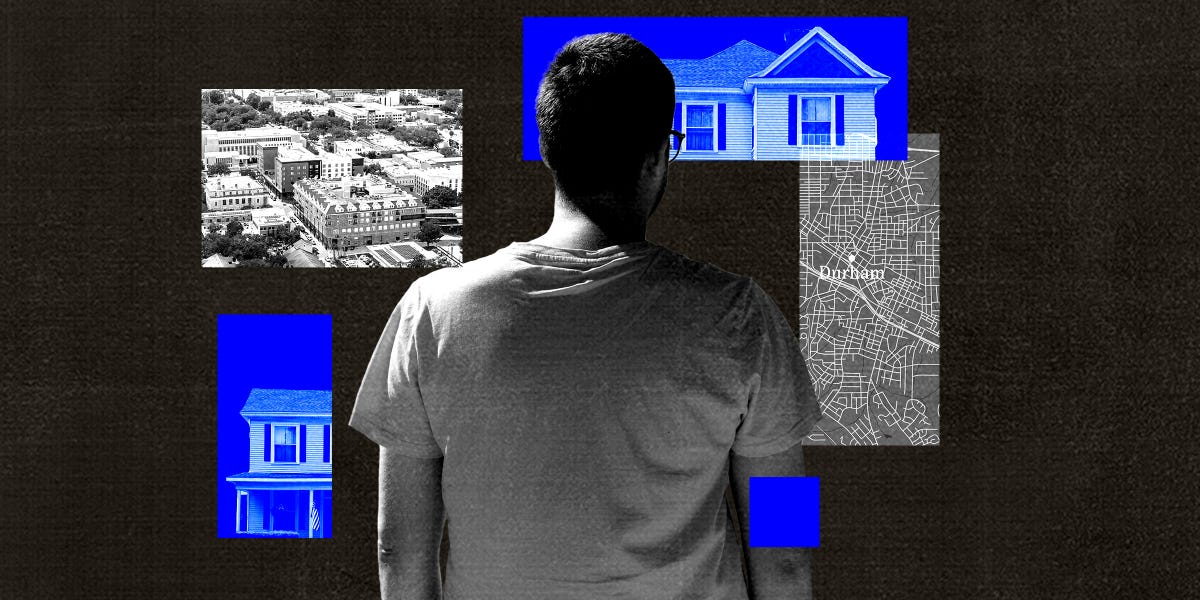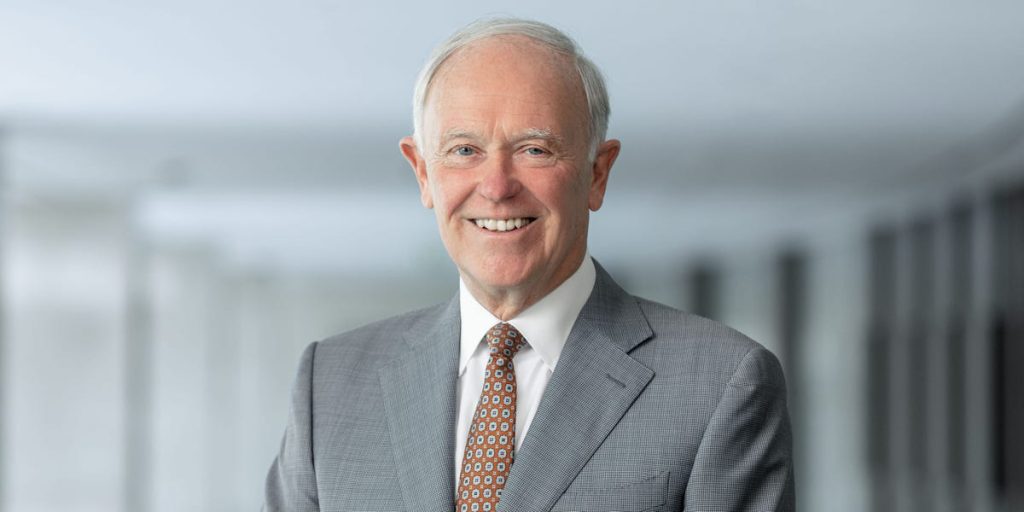Gainesville and Durham have recently piloted guaranteed basic income programs specifically aimed at supporting formerly incarcerated individuals. This demographic often faces significant barriers to accessing traditional social safety nets in the U.S. According to participant feedback, the financial support improved their resilience, although challenges related to housing costs persisted after the program concluded.
Providing an extra six hundred dollars a month proved to be a crucial lifeline for many individuals, enabling them to secure rental apartments, handle unexpected expenses, and find stable employment. The cash aid initiatives in Gainesville, Florida, and Durham, North Carolina, sought to alleviate the financial instability faced by formerly incarcerated residents, who are particularly susceptible to issues like homelessness and food insecurity. Guaranteed basic income (GBI), which offers unconditional cash payments to participants, has been evaluated across various U.S. locations as a strategy for reducing poverty.
In addition to these city programs, the Center for Employment Opportunities previously distributed cash to over 10,000 formerly incarcerated individuals nationwide in 2020. In the Gainesville pilot, 115 participants began with a $1,000 payment, followed by $600 monthly for 11 months, concluding in spring 2023. Meanwhile, 109 participants in Durham received the same monthly amount for a year, ending in spring 2023. Both groups were compared to control groups of formerly incarcerated individuals who did not receive GBI, with the results analyzed by the Center for Guaranteed Income Research at the University of Pennsylvania, published in February.
Although some participants from Gainesville and Durham struggled to maintain their financial improvements after the cash payments stopped, a majority reported that the funds helped them afford basic necessities and reduced stress, positively impacting their mental health. Common expenditures included rent, groceries, and household bills. “Guaranteed income really is just a tool to ensure, in the Gainesville and Durham cases especially, that no one is too poor to be free,” stated Sukhi Samra, executive director of Mayors for a Guaranteed Income, who collaborated on these pilot programs. “We’re not trapping people in a culture of poverty and in a culture of scarcity and lack.”
Formerly incarcerated individuals experience disproportionately high rates of financial insecurity and unemployment compared to the general population, complicating their ability to meet basic needs. According to data from the Bureau of Justice Statistics published in 2022, around one third of formerly incarcerated people are not hired within four years of their release. Furthermore, the incarceration rate among Black individuals was more than four times that of white individuals as of 2022.
Upon release from prison or jail, most states provide a minimal sum of money, ranging from $10 to $200. Unfortunately, some states impose restrictions that prevent formerly incarcerated individuals from accessing social safety nets. For example, Florida bars those convicted of drug trafficking from receiving benefits such as SNAP and TANF. “There’s this idea that people get arrested or convicted, go to prison, and leave, and that’s just the end of the punishment,” said Brianna Seid, a lawyer with the Brennan Center for Justice’s justice program. “For many people, they don’t understand the lasting impact of a criminal conviction, which continues to affect every aspect of their lives.” She added that cash assistance could ease some barriers to employment and income.
In the Gainesville pilot, participants indicated that guaranteed basic income facilitated housing security, enhanced their hope, increased financial resilience, and helped them put food on the table. The proportion of participants expressing concern about food sufficiency dropped from 59% at the outset to 49% six months post-payment. Furthermore, full-time employment among participants rose from 12% to 17% during that same time span. Similarly, Durham participants utilized GBI funds for hygiene items, food, and savings, with the percentage of those “worried about having enough food” declining from 59% to 44% after six months. In the same period, those who felt financially secure increased from 3.7% to 18.35%.
Samra noted that many participants across both cities found that having additional cash allowed them to comply with probation requirements more effectively and avoid further arrests. However, after the programs concluded, some participants faced difficulties related to housing. In Gainesville, reports of homelessness rose from 3% to 12% six months after payments ceased. In Durham, 29% of participants were deemed severely burdened by housing costs midway through the program, a figure that increased to 41% six months after GBI payments ended.
Despite the positive outcomes, Samra emphasized that guaranteed basic income shouldn’t be seen as a comprehensive solution to poverty. The temporary nature of GBI pilots illustrates that continued support is essential. “These results show that if you provide a little bit of cash support, you’re allowing folks the space and ability to re-enter society and breathe,” she stated. “And it helps prevent the behaviors and challenges that arise from simply lacking financial resources.”



